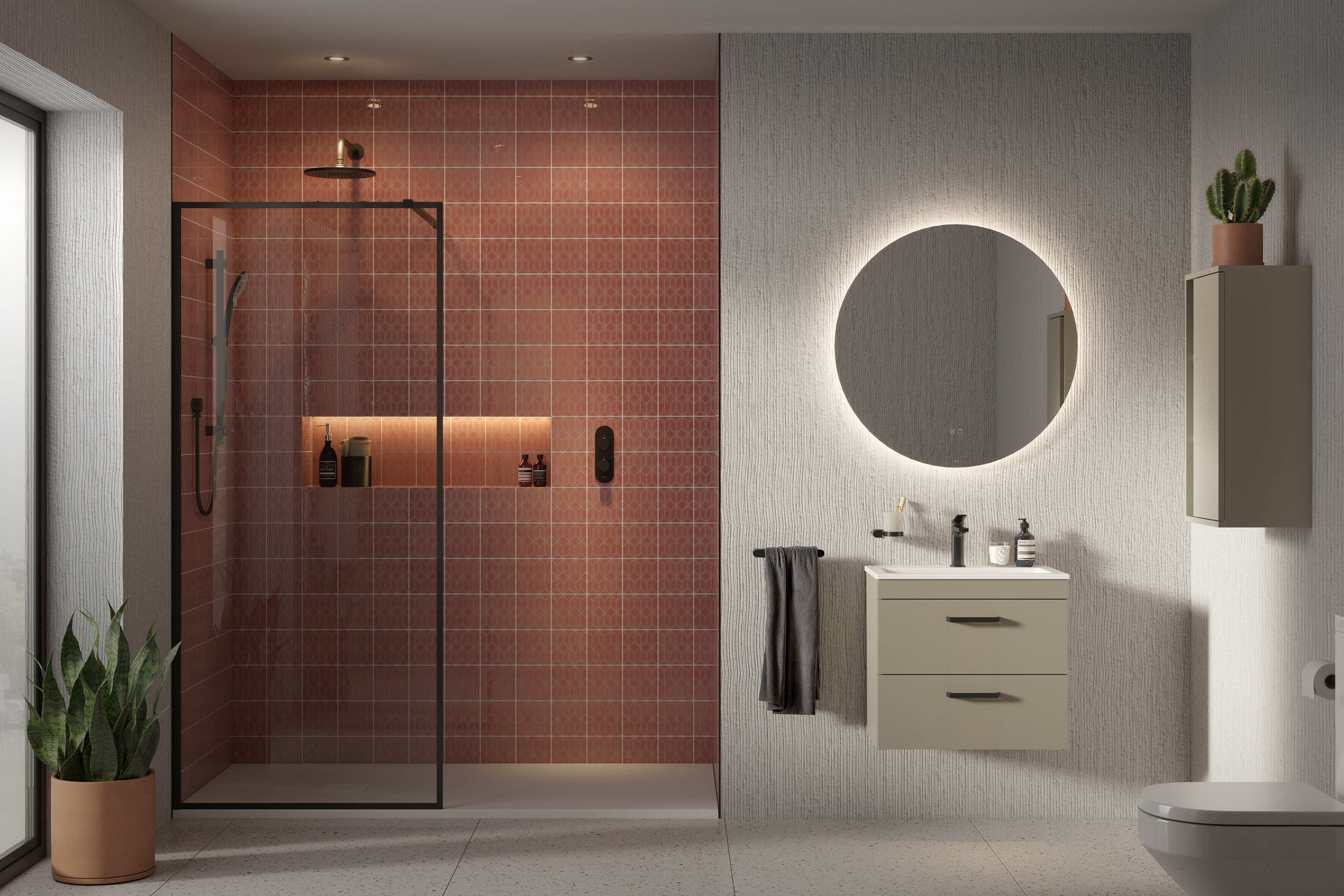Independently owned & family-run, we offer you top quality products & honest, expert advice for almost 40 years
Based in Limerick and shipping nationally
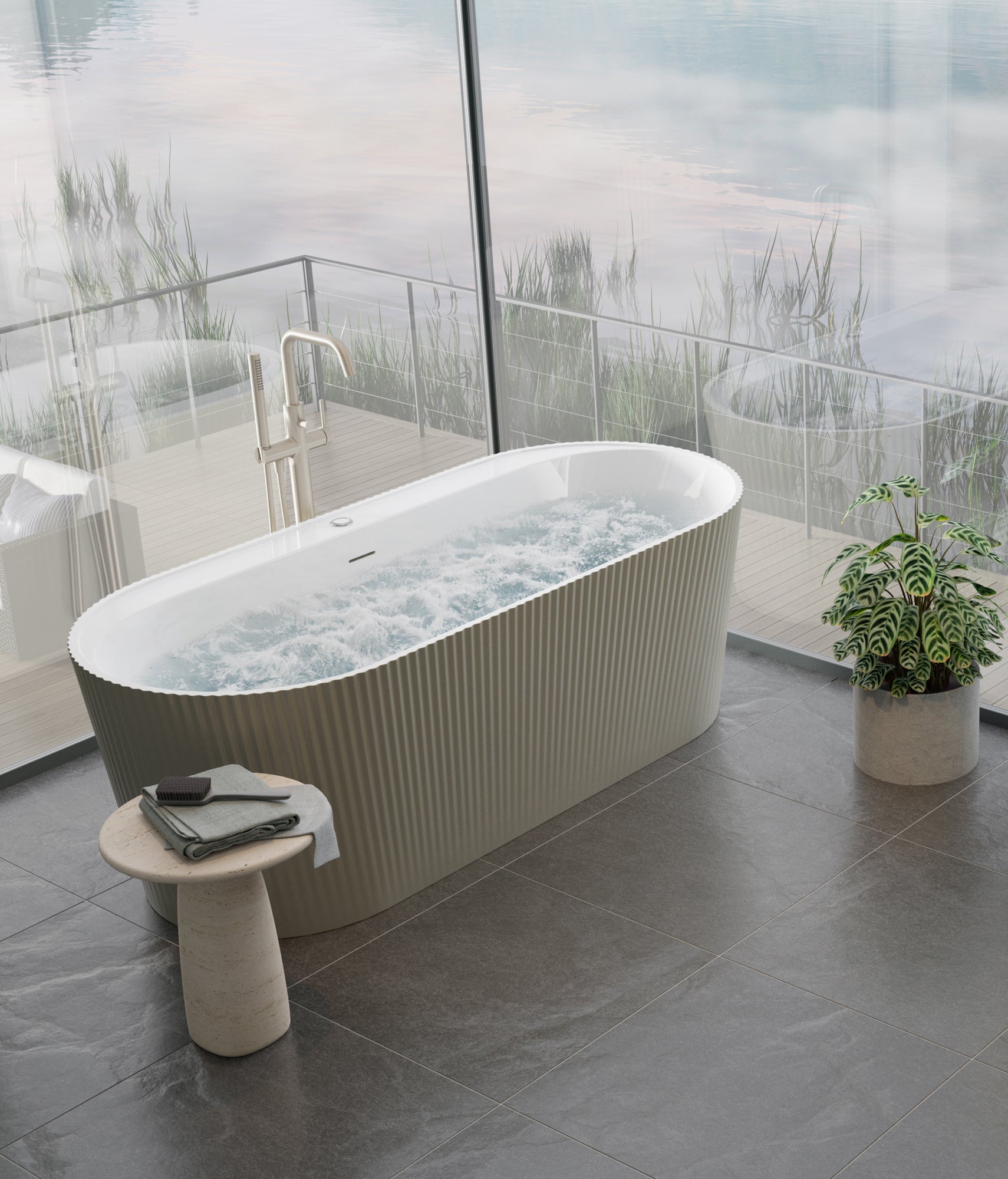
Bathrooms
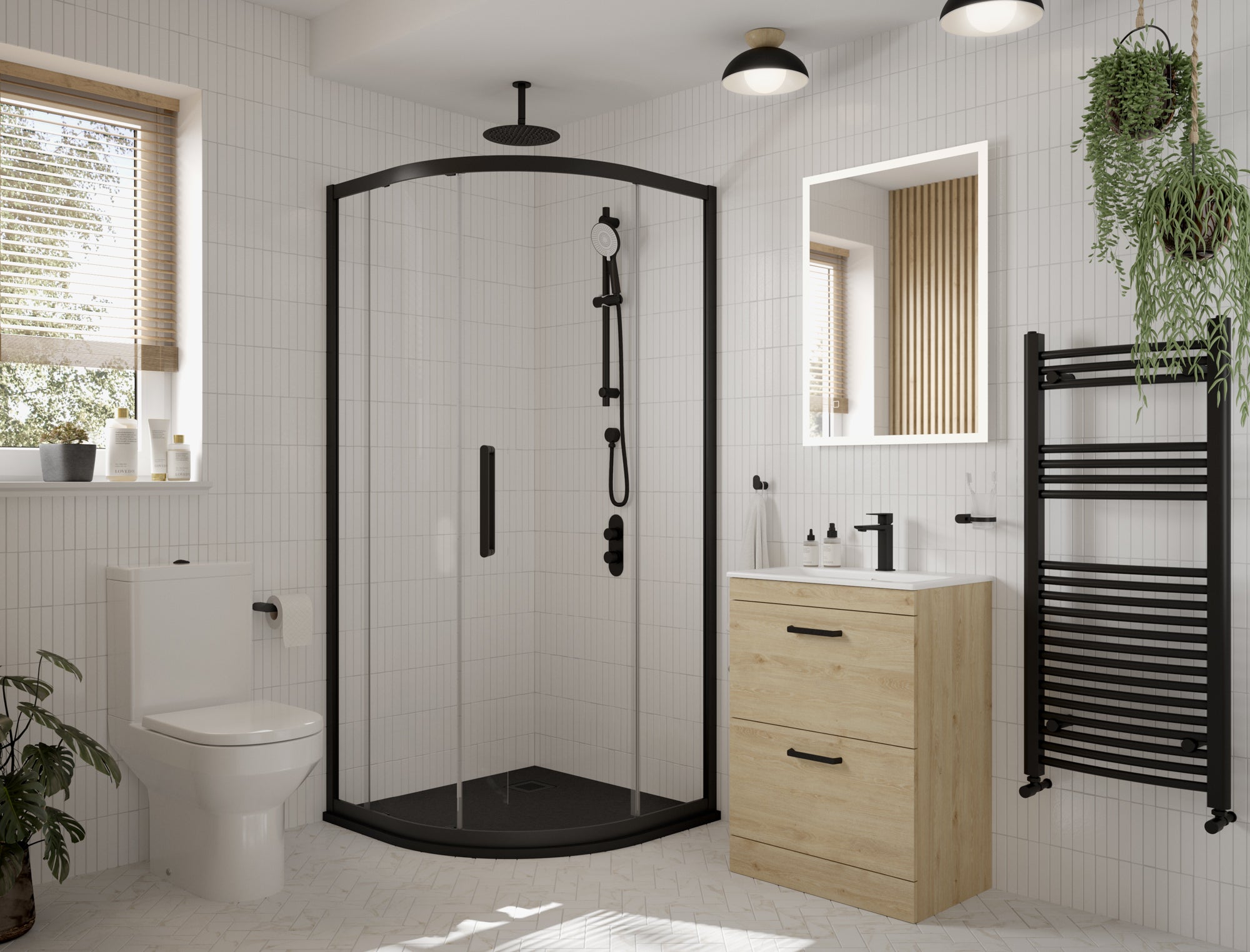
Showers
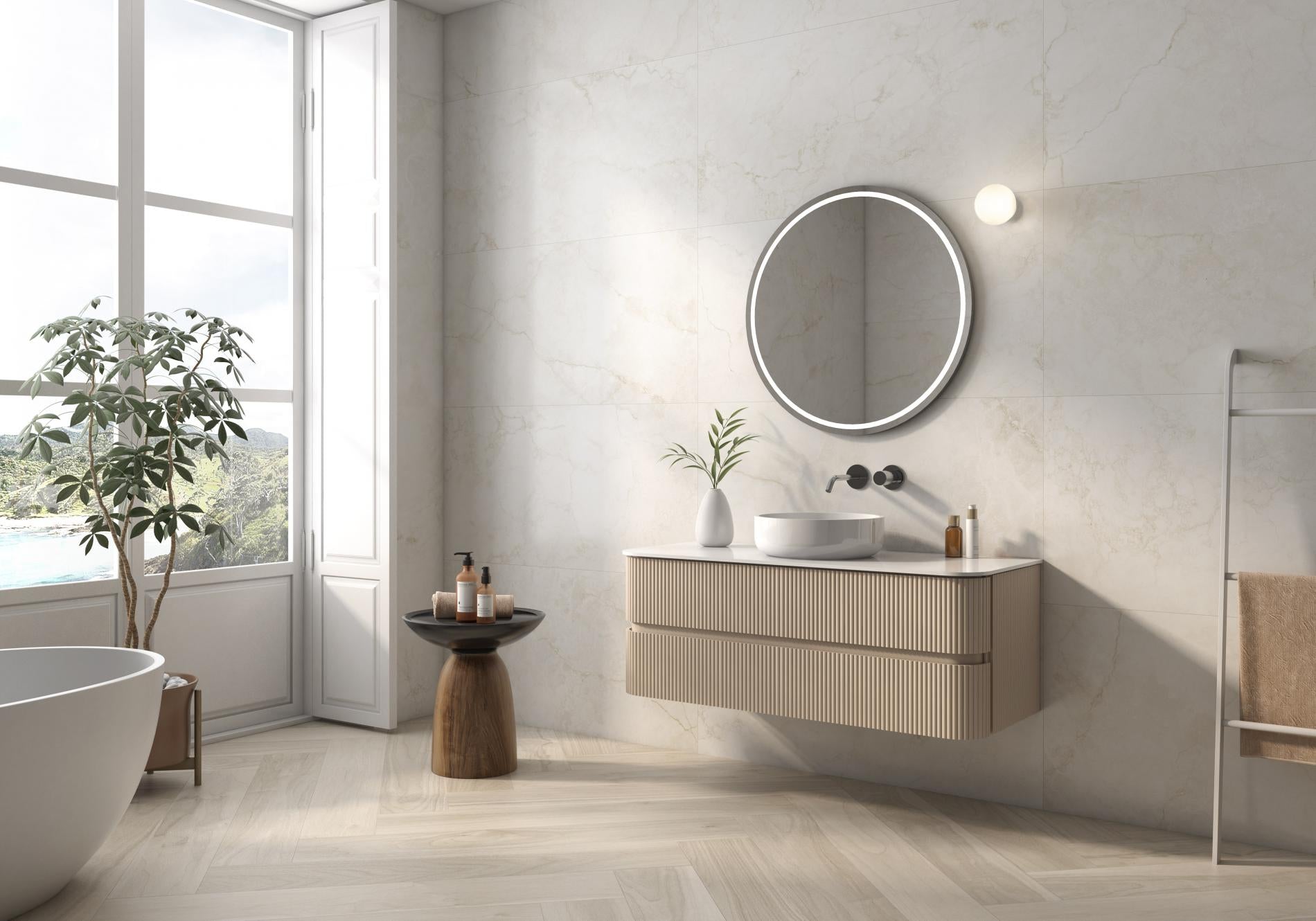
Tiles
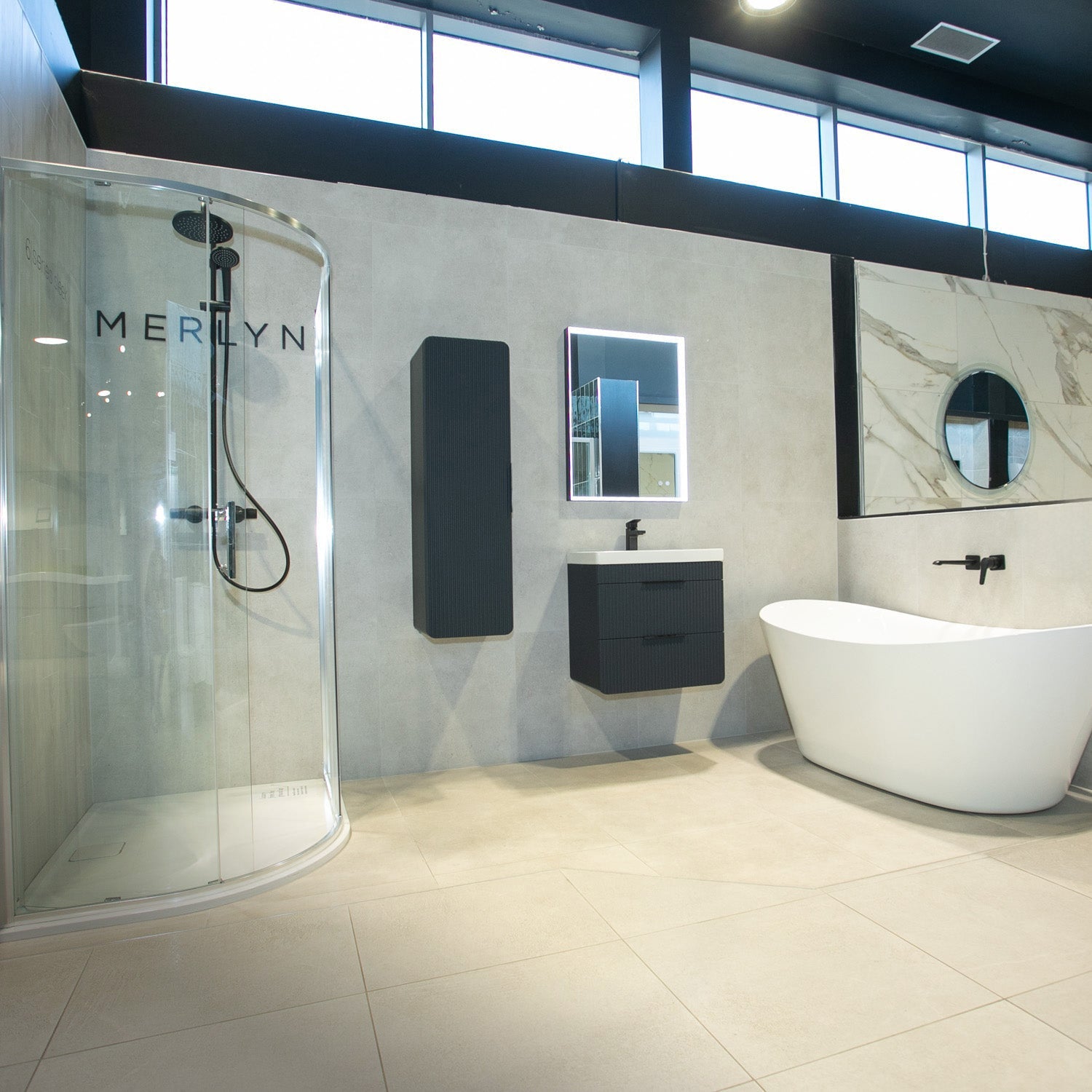
Showroom
PJ Matthews
Tipperary Road,
Ballysimon, Limerick
V94HKR9
+353 61 413722
orders@pjmatthews.ie
Mon - Fri: 08.00 ~ 17.00
Saturday: 09:00 ~ 17.00
Sunday: closed




